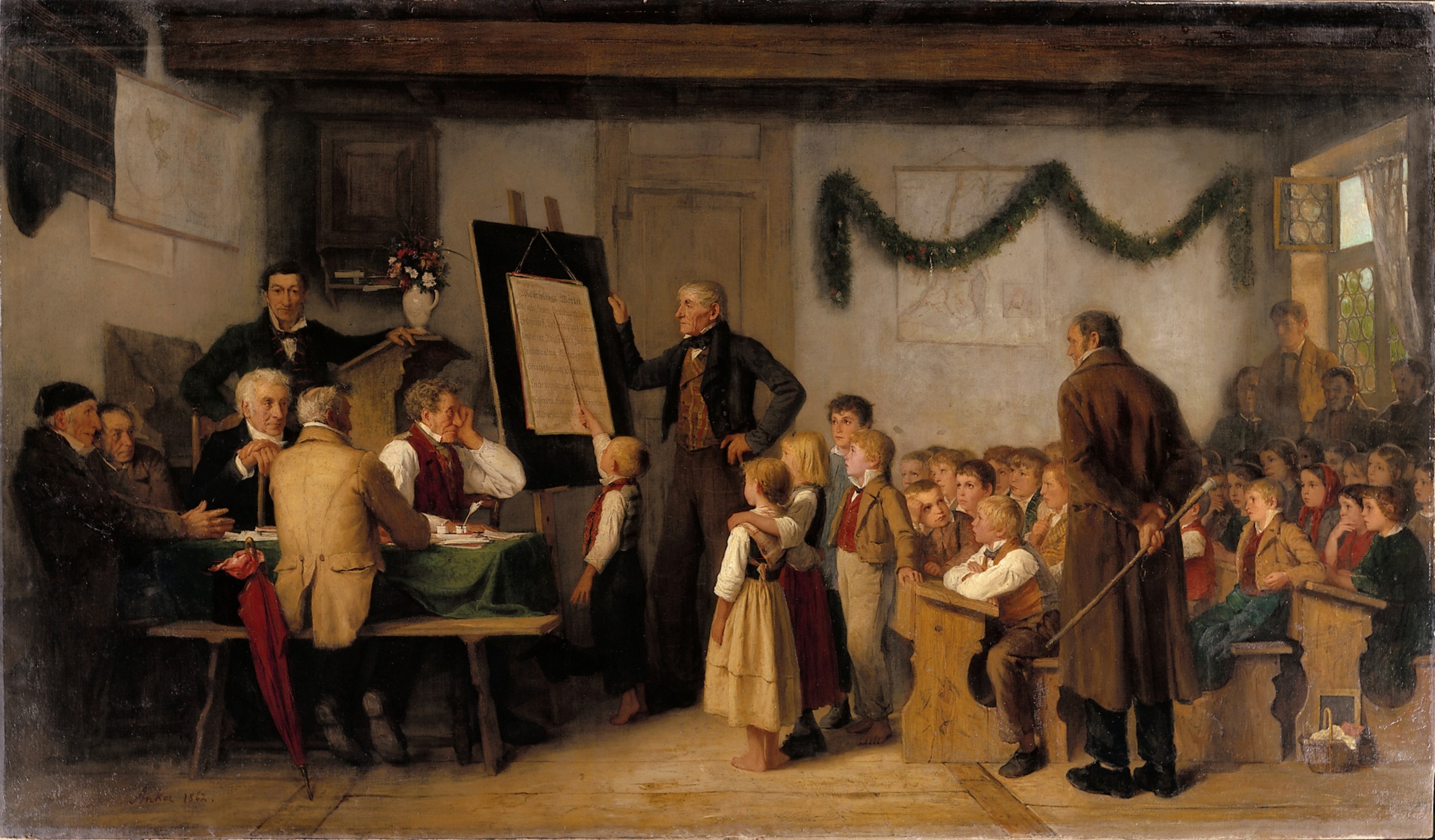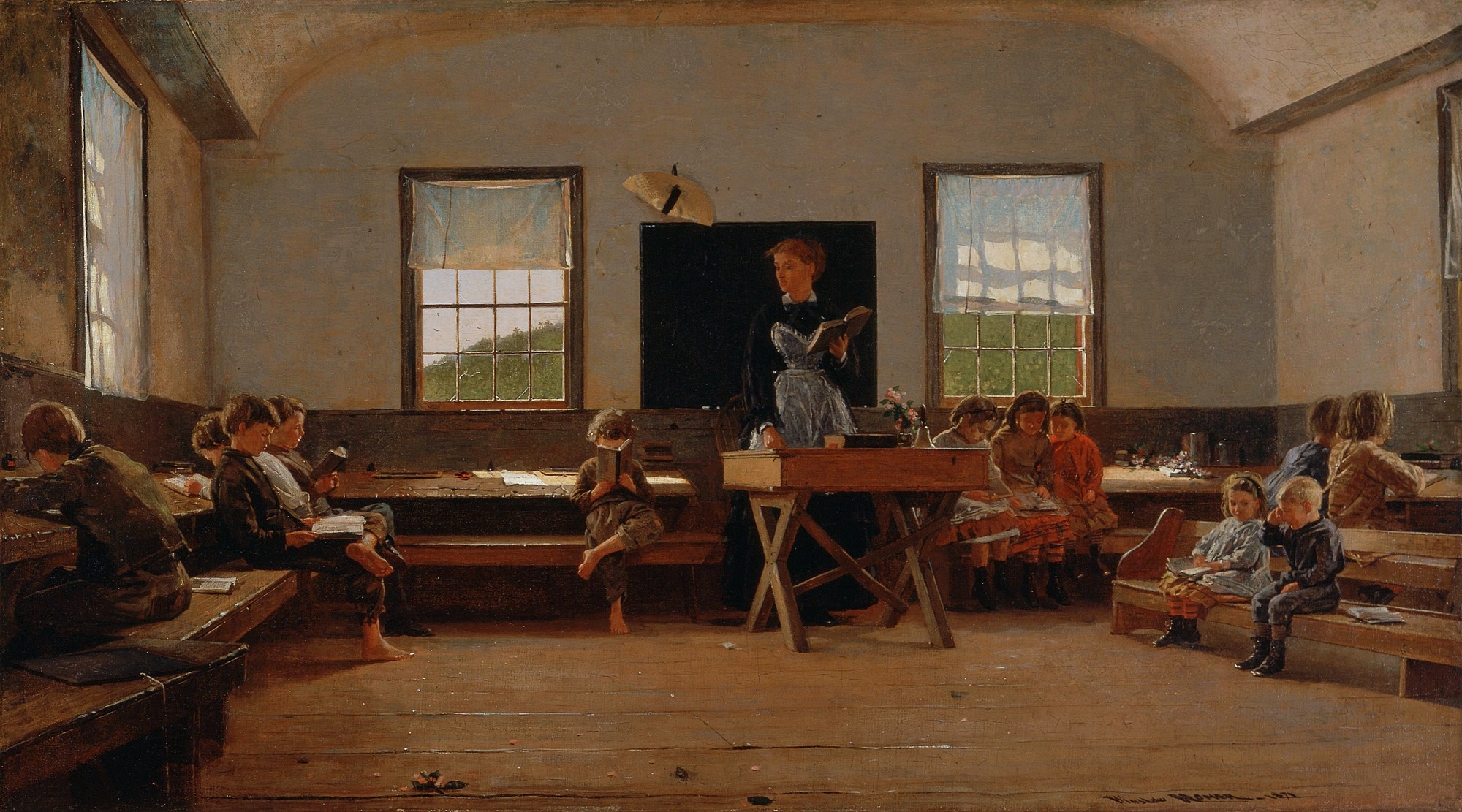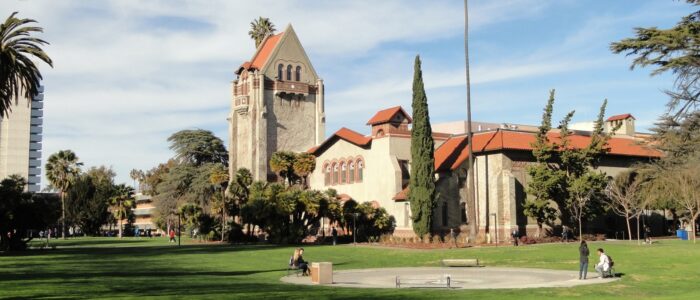The ANSI Committee on Education met in Washington D.C. during World Standards Week last October and posted an update on its activity:
ANSI WSW 2018 CoE Update October 2018
One of the highlights of the CoE’s work is determination of the student paper winner, this year given to Julia Suozzi of the University of Virginia for her paper, linked below:
When Mundane Objects Become Smart: Challenges of Standardizing the Internet of Things
Abstract. The purpose of this essay is to address the need for standards in modern communication, explain the challenges in creating these standards, and propose various solutions to these challenges. With the evolution of the Internet of Things (IoT), everyday objects have transformed into connected devices that are vulnerable to a host of attacks. In order to protect users, standards must be put into place. Although necessary, standards are extremely complex to develop due to their sociotechnical nature. Challenges in this process include market definition, determining what and when to standardize, organizational responsibility, and international competition. First, market definition must be considered due to the nature of standards compliance. Businesses comply with standards when there is a market associated with them and that market is well-defined. Since the IoT does not have such a monolithic market, how should standards be created? The next major challenge is knowing what to standardize and when it is appropriate to do so. This paper will explore approaches as described by members of the government, industry, and academia.
Responsibility is also a major challenge of standardizing the IoT. With so many organizations holding stake in the process, who is truly responsible for taking the lead? This question brings up issues of organizational politics, as each group has their own agenda and mechanism for reaching consensus. Lastly is a discussion of international competition. Many organizations involved in IoT standardization have international participation. Each of these nations has a fundamentally different view on issues such as “safety,” “privacy,” and “security,” making it difficult to reach global consensus. This issue is explored using the recent US-China trade war. In order to better understand these challenges and discuss potential discourse, a case study based on interviews with key IoT stakeholders is presented, focusing on the Internet Engineering Task Force, the Institute of Electrical and Electronics Engineers, and the National Institute of Standards and Technology
One of the best ways to teach standards is to do standards. Standards Michigan now has a footprint in all fifty United States and, as the first mover and catalyst for user-interest standards advocacy by the education facilities industry (see ABOUT), we are happy to walk anyone through the regulatory landscape where the technical and business specifics of planning, designing, building, operating, maintaining and managing these “cities-within-cities” that we call the emergent #SmartCampus.
The deadline for the 2019 Student Paper Competition is April 30, 2019.
We welcome faculty, students and subject matter experts to our livecasts (11 AM Eastern time every day) to participate in “code-writing and vote getting” — i.e the essential substance of our approach to lowering the #TotalCostofOwnership of education in the United States and elsewhere. We do less standards administration and conformity and more “getting into the weeds” of leading practice discovery and promulgation. Getting into the weeds is the most effective way to understand and master the methods of becoming effective in standards advocacy; especially in the standards suites that are incorporated by reference into public safety and sustainability legislation.
Issue: [12-78]
Category: Academics, Public Policy
Colleagues: Mike Anthony, Christine Fischer, Paul Green
LEARN MORE:
ANSI Essential Requirements: Due process requirements for American National Standards.
https://www.standardslearn.org/
Flyer for 2019 Student Paper Competition
ANSI Announces 2019 #Student Paper #Competition: “How Do #Standards Help Mitigate Disaster?” https://t.co/dUTyfinnKq #education #college pic.twitter.com/5D0u3lRVBM
— ANSI (@ansidotorg) October 25, 2018
Posted September 13, 2018
The American National Standards Institute (ANSI), coordinator of the U.S. voluntary standardization system, and its Committee on Education (CoE) hosts a paper competition every year. The purpose of this competition is part of an ANSI-led effort to raise awareness about the strategic importance of standards and conformance among U.S. undergraduate and graduate students.
The ANSI Committee on Education is in the process of judging the 2018 papers but it is not soon for students and faculty to begin drafting 2019 entries. Copies of winning papers are linked below.
ANSI Home | Public Library | Committee on Education Student Paper Winners
For the 2018-2019 award cycle the CoE has chosen the topic — “How Do Standards Help Mitigate Disaster?” — linked below:
ANSI Student Paper Competition 2018_2019
Entries are due April 30, 2019.
Since video and multi-media entries also qualify we have linked some video examples below:
Faculty and students are welcomed to click in to our daily teleconferences at 11:00 AM Eastern time — to become familiar with the the nuts and bolts of standards advocacy from the user-interest point of view. Use the login credentials at the upper right of our home page.
Category: Academics
Colleagues: Mike Anthony (maanthon@umich.edu), Christine Fischer (chrisfis@umich.edu), Paul Green (pagreen@umich.edu)
April 27, 2018
The American National Standards Institute (ANSI), coordinator of the U.S. voluntary standardization system, and its Committee on Education (CoE) hosts a paper competition every year. The purpose of this competition is part of an ANSI-led effort to raise awareness about the strategic importance of standards and conformance among U.S. undergraduate and graduate students.
The 2017 winners are:
Tiana Ashley Khong of San Jose State University of California is the first-place winner with a paper titled, “The World of 2050: Safety by Design” which introduces readers to a futuristic world in which international governments and technology companies have created safety-by-design service standards with the motto “safety before innovation.” The paper emphasizes how the rise of Internet of Things (IoT) will lead to innovative intelligent buildings, autonomous vehicles, and smart roads—and these systems will increasingly rely on service safety standards to ensure optimal security for consumers and the public.
Qahtan Al Jammali of the City University of New York is the second-place winner with a paper titled, “Cyborg Gen2330” which is a letter written by a hybrid human machine, and highlights standards’ critical role in the compatibility and safety and well-being of all biological and mechanical constituents of the universe.
There was a cash prize and travel funding to attend World Standards Week earlier this month.
Information about submitting papers and/or videos for the 2018 competition is available at this link (Click here) or by contacting Lisa Lisa Rajchel (lrajchel@ansi.org) or Monte Bogatz (monte.bogatz@iampo.org).
Entries are due by 5:00 p.m. ET on Friday, April 27, 2018.
The 2016 winners were:
Karmin Chong of the City College of New York are the first-place winners:
Amanda Goetz, Branden Hill, Libby Lee, and Jennifer Pattillo of Michigan’s Ferris State University are the second-place winners.
See related blog post: Five Universities Receive Funding to Develop Standards Curricula
![]()
Contact: Mike Anthony (maanthon@umich.edu), Christine Fischer (chrisfis@umich.edu), Paul Green (pagreen@umich.edu)














